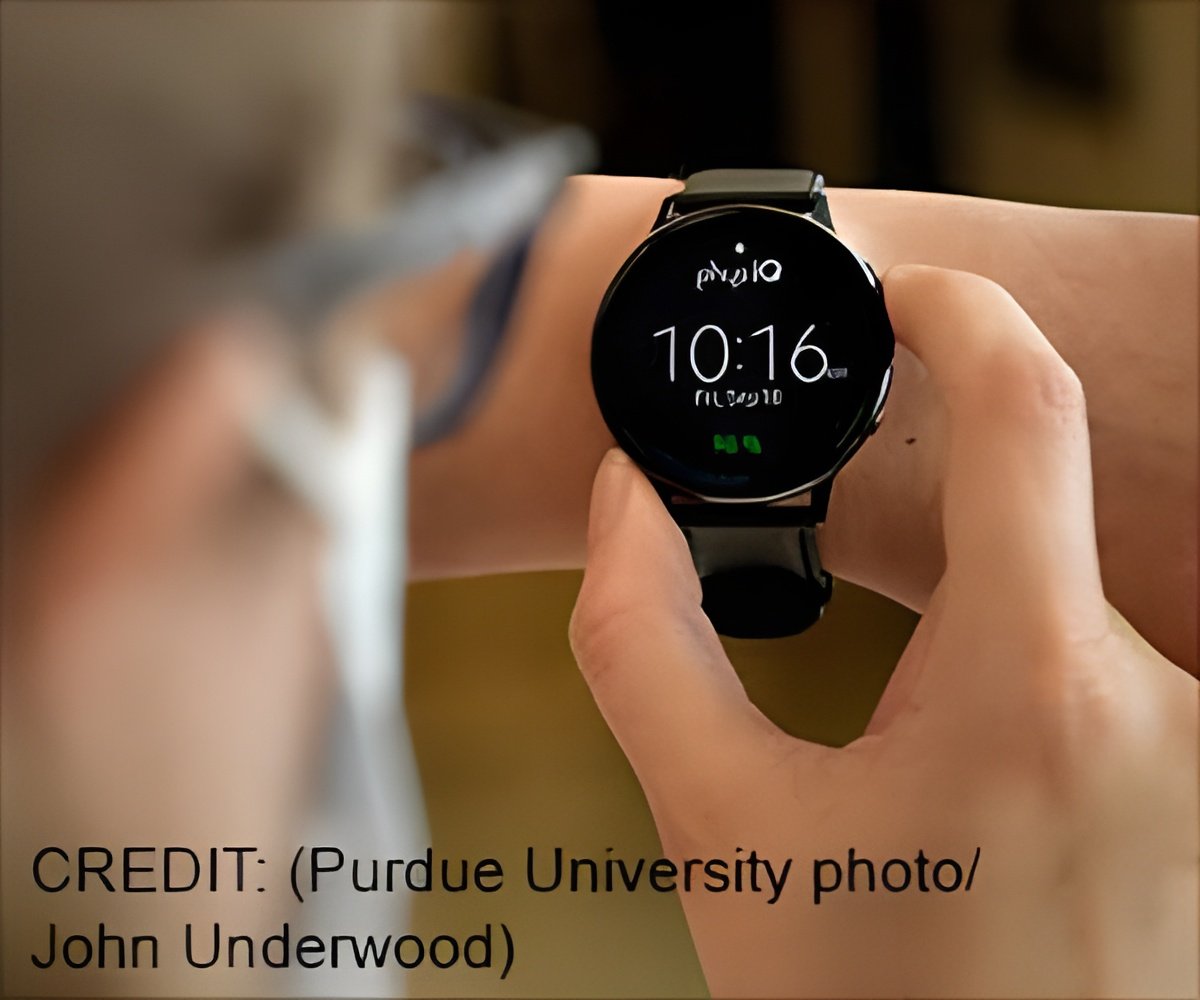
‘Smartwatches offer an alternative to the traditional clinical visit, allowing for more frequent and reliable assessments of Parkinson’s disease patients in their own homes.’
Tweet it Now
While Parkinson’s is the world’s fastest-growing brain disease, most of the drugs used to treat it were developed in the last century. The complexity of the disease and the limitation of current measures have been barriers to new therapies.The onset and severity of symptoms—such as stiffness in the arms and legs, movement and walking difficulty, and tremors—and progression of the disease can vary significantly from patient to patient. Furthermore, the tools traditionally used to track the disease are only collected during visits to the clinic, limiting insight into how Parkinson’s disease affects people’s daily lives.
Better Monitoring with Smartwatch Will Lead to New Therapies in Parkinson’s Disease
Researchers have been pioneers in harnessing digital health technologies such as telemedicine, wearables, remote monitoring, and mobile apps to improve access to care and conduct decentralized clinical trials.In 2015, they collaborated with Sage Bionetworks to launch the first smartphone research application to monitor Parkinson’s disease in real-time. Apple featured the app, called mPower, during their semi-annual product launch event, and 15,000 individuals participated in research using the application.
Studies have shown that mPower and another Android app can accurately track the severity of the symptoms of Parkinson’s disease. Since the launch of mPower, the proliferation of smartwatches and technological improvements, has heightened the research potential of these devices.
In the new study, researchers at multiple sites across the U.S. recruited 82 individuals with early, untreated Parkinson’s and 50 age-matched controls and followed them for 12 months. The study volunteers wore research-grade sensors, an Apple Watch, and an iPhone while performing standardized assessments in the clinic.
Advertisement
They were able to detect motor and non-motor features that differed between individuals with early Parkinson’s and age-matched controls. Later, performed longitudinal analysis and followed participants for a longer period to determine which digital measures are sensitive enough to help researchers evaluate whether an experimental therapy is making a meaningful impact on the progression of the disease.
Advertisement
Source-Eurekalert










